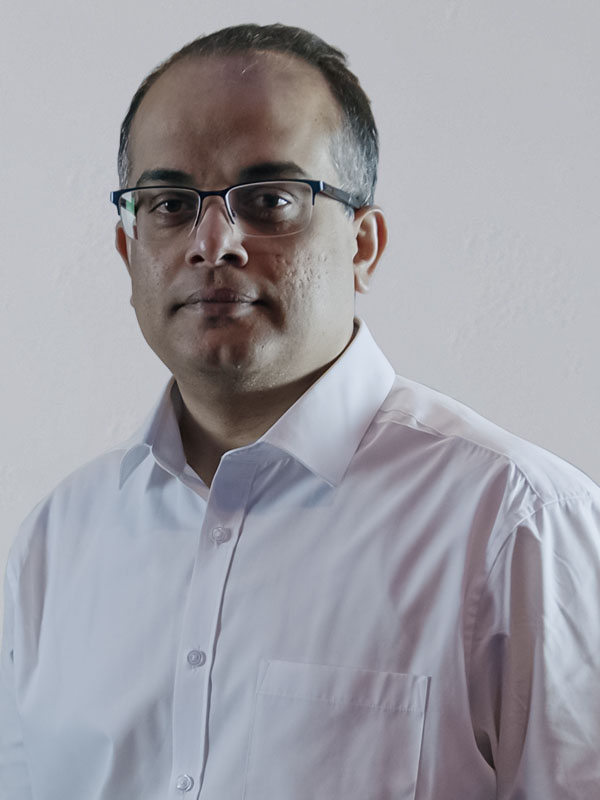Predictive algorithms for needing mental health inpatient care
My Topol fellowship problem / project:
TO USE ARTIFICAL INTELLIGENCE TO PREDICT NEED FOR INPATIENT ADMISSIONS- THAT WILL ENABLE SERVICES TO TARGET EFFORTS TO PREVENT ADMISSIONS
BACKGROUND
We also know, from a previous study, that nearly 70% of MHSOP inpatient admissions were patients who WERE NOT OPEN to a Community Mental Health Team (CMHT), indicating that Primary care was struggling to identify those patients who might be at risk of deterioration. This has become more pronounced during the COVID induced lockdown. The reduction in the availability of care homes has compounded this problem. Hence there is a possibility that patients are being referred too late into their illness for CMHT services to deliver any meaningful interventions to prevent inpatient admissions.
AIM
To carry out a detailed study of current MHSOP (mental health services for Older people) inpatient admissions to identify patterns, possible risk factors.
To use the above data and Artificial Intelligence (AI) enabled predictive tools to apply this to the wider population, using the Primary contact mental health workers, currently in place to PREDICT those who might be at risk of admissions. In other words, our Triage system will be significantly improved.
The above would enable us to target our scarce community resources more effectively to try and avoid inpatient admissions by targeted preventative work.
MECHANISM
Current triage systems are limited to a clinician’s judgement and ability to associate the factors they know about the patient. Such subjective clinical decisions can lead to admitting “low risk” patients who may be better managed in the community. Inappropriate admissions cause bed blocking. The multitude of clinical, demographic, and social factors contribute to the challenge of subjective clinical assessments. Clinical diagnoses alone are not sufficient as patients often differ significantly based on their combination of personal factors.
AI’s ability to process, connect and make conclusions from large amounts of data, can be used to risk- stratify patients according to their personal factors and needs. There are already several examples of using AI in risk stratification both in Accident and Emergency settings as well as in reducing admissions to acute care hospital settings. They have proven that data-driven technologies are able to improve risk modelling of patients in ways we do not currently understand.
Digital bots could be employed securely and confidentially to gather patient data at various points of their clinical journey. Besides saving valuable human resources, this also helps to overcome the stigma issues involved in disclosing personal situations to healthcare professionals. For instance, it is well known that there is a delay of 1-2 years between the onset of dementia symptoms to the time the concerned person or their family seek medical help.
The newly commissioned Primary Contact Mental Health workers, as part of Community Mental Health Transformation, could also form a vital part in using AI generated data to proactively support those identified at risk. This would not only enable to achieve reduction in mental health hospital admissions but also would enable us to deliver community care to patient’s home at the earliest point of need.
About me
I led my Trust working group on delivering memory services remotely at the onset of the pandemic. I had presented this at the Royal College of Psychiatrists Old Age Psychiatrist Faculty meeting.
As Clinical Director for Old Age services in North Yorkshire, I was leading the changes to the services to be made at the onset of global pandemic.
I had contributed to the revision of the Trust Digital Transformation Strategy. I have attended Trust Digital Safety board meeting. I have contributed to innovation ideas using the digital platform, such as thoughts for Remote Process Automation and bringing in digital dictation.
I have met up with one of the Chief Clinical Information Officer to learn more about how a clinician could lead and contribute to the digital transformation of NHS. I have had meetings with the Trust Chief Information Officer to explore ways of me contributing to the digital transformation of the Trust.
I was part of the skype pilot to promote remote connectivity within my clinical area of work. I was one of the first clinicians to be part of the Attend Anywhere pilot. My experience was part of the Trust advertisement to promote the uptake of remote clinics by other clinicians with the Trust. As Clinical Director for Old Age Psychiatry services, I had actively promoted the use of Attend Anywhere within Old Age Psychiatry teams.
As Training Programme Director for two core psychiatry schemes, I helped trainers and trainees navigate through changes in their training. I am the Educational lead for Psychiatry for delivering Psychiatry training through the digital platform of Blackboard.

